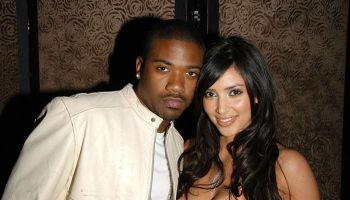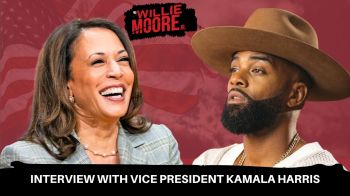In the cluttered office where he’s met with some of the nation’s top politicians and preachers, penned rousing speeches and planned civil rights marches, the Rev. Jesse Jackson speaks so softly — and with so little enunciation — that one strains at times to hear him.
At 71, he still keeps a hectic schedule and speaks extemporaneously on everything from voting rights to hostages in Gambia. But the head of one of America’s most prominent families struggles when addressing one thing: the son and heir to Jackson’s political influence who abandoned his congressional seat last week because of mental health problems and two federal investigations into his political dealings.
Sitting in his office — among photographs of mentor Martin Luther King — the elder Jackson’s body tenses, he sighs and his eyes drift off.
“My heart burns,” he told The Associated Press. “As I always say to my children, champions have to play with pain. You can’t just walk off the field because you’re hurt.”
Over the last 40-plus years, Jackson has played many roles — barrier-breaking presidential candidate, international hostage negotiator and master orator. There was a time when his presence alone inspired swift action and attracted throngs of reporters. Now it’s different.
These days, Jackson is more likely to seek out media attention rather than waiting for journalists to come to him. If his voice in national affairs is muted, it’s also because reporters don’t listen as closely as they used to.
“He’s not the magnet for the press he once was,” said David Bositis of the Washington-based Joint Center for Political and Economic Studies, who has known Jackson for years
CLICK HERE to read story
article courtesy of BlackAmericaWeb.com















